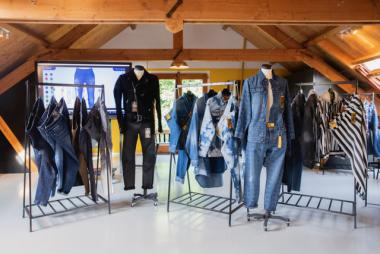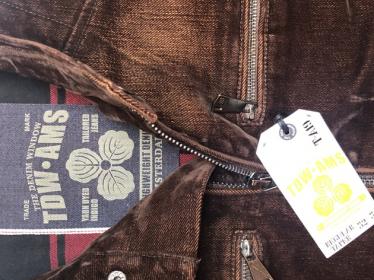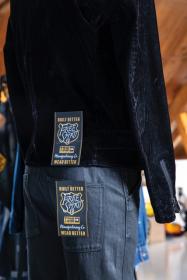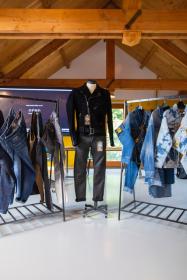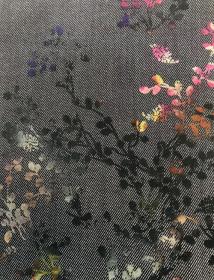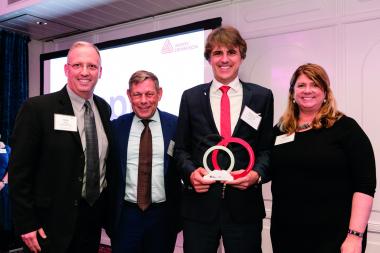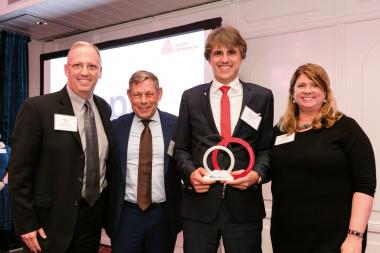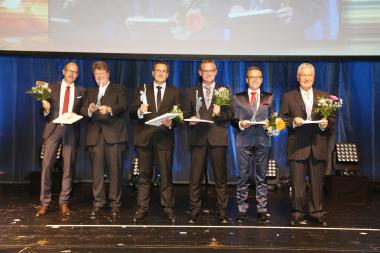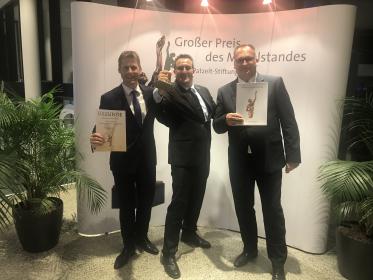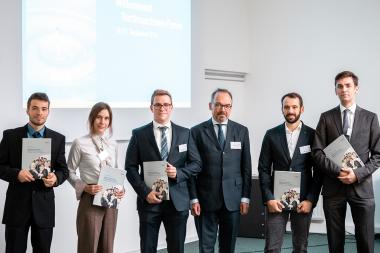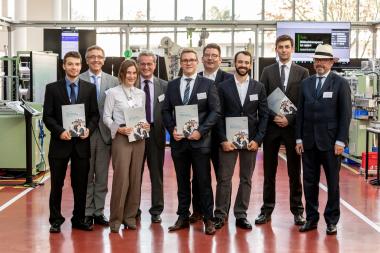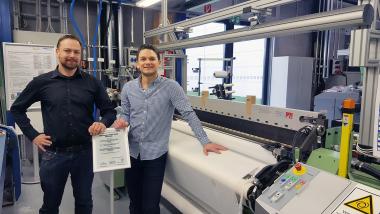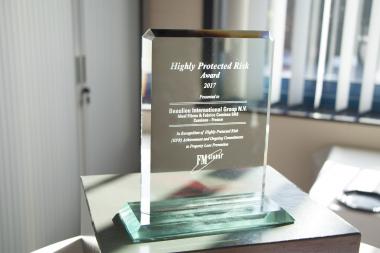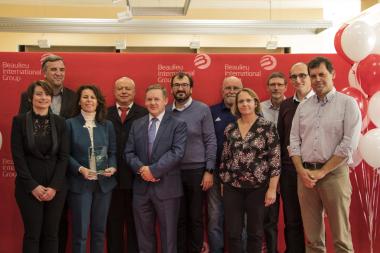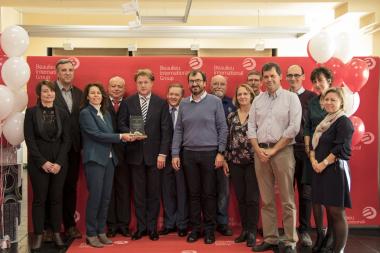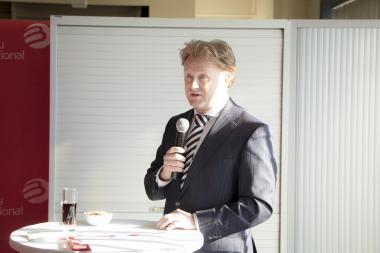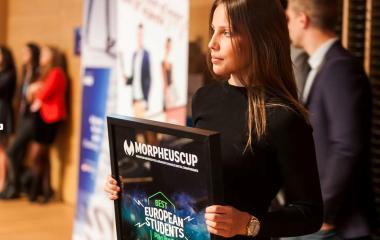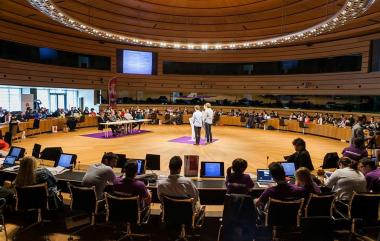When innovation meets passion: Canclini 1925 weaves Italian excellence through quality, style and service.
Artisan craft, experience and high eco-technological specialization: the great tradition of fabrics for shirts which styles the future.
Search for quality, the ability to interpret elegance and a product inspired by tradition, though always trendy: these are the distinctive traits which define the vocation of Canclini 1925, a point of reference worldwide for shirt fabric manufacturing. This expertise is implemented through dynamic creativity and 100% Made in Italy artisan craft. These are the foundations which make the history and capability of Canclini 1925 unique, as standard bearer for everlasting style.
All this results from an authentic family tradition which, for three generations, has been the driving force of the company, shaping each collection. This passion is at the service of tireless search in terms of style and technology which underlies the whole Canclini 1925 innovative approach. The goal is to offer, through its fabrics, an inimitable experience, “creating wellbeing” and emotion through touch alone, respecting the environment and humans.
Founded in 1925, Canclini has always been a company able to combine extraordinary creativity and product care, established as a silk factory in the Como region. This tradition was renewed in the 1960s with the shift to the cotton sector, aiming more and more at customer service, developing a partnership and trust relation. Working with Canclini 1925 means reaching into the tradition of a family which has always been passionate about its work, dynamic, creative and focused on continuous innovation.
These are distinctive and qualifying elements in the Canclini 1925 approach. An approach which, in line with the research and development pathway on which the company has always invested substantial resources, also involves considerable attention the topic of environmental and social accountability. This commitment is confirmed by numerous and prestigious certifications in the company portfolio, starting from the careful selection of raw materials to its social commitment. More specifically, Canclini 1925 has been awarded the GOTS (Global Organic Textile Standard), SUPIMA COTTON (the Pima “Gossypium Barbadense” cotton, classified as Extra-long Staple) certifications, following the Standard 100 by OECO-TEX®, BCI (Better Cotton Initiative) and GRS (Global Recycle Standard). A comprehensive range of tools which, combined with its in-house know-how and expertise capital, enhances the portfolio of Canclini 1925 branded innovations.
This accountability approach also encompasses the social area with the association “Un sorriso in più” (“One extra smile”). Founded and managed by the company, it is a non-profit organisation engaged in projects which include assistance in nursing homes to elderly persons without family ties, as well as in the support to children living difficult and disadvantaged family situations, focusing its activity on “human life quality”. The uniqueness generated by this meeting between tradition and innovation is the driving force behind corporate research, as well as the truly distinctive reason for its style and technology development. The high-performance looms and technologies used make the company strong and flexible enough for contemporary market requirements. The trademark passion of the Canclini family completes the picture within which the company operates, true to an approach which is at the same time artisan and high-tech, a point of reference in Italy and worldwide.
Thanks to its substantial manufacturing capacity, Canclini today is present on all of the most influential shirt markets worldwide, and – with its new Blue 1925 line - also in the denim world. In this way the company has succeeded in positioning itself among major players in textile manufacturing, authentically Italian because of its farsighted business vision, care for details and production flexibility. It is the approach which – over the years - has allowed the group to take over important enterprises in the sector, for example Hausmann-Moos and Profilo Tessile, Maglificio Mida and Grandi & Rubinelli.
According to Simone Canclini, CEO of Canclini 1925: “What characterises the Canclini 1925 spirit is first and foremost genuine passion driven by our inspiring principles: quality, style and service. These elements have allowed us to become and remain a point of reference worldwide, to rediscover the everyday – basic and exciting – emotion of choosing a special shirt”.
Menabò Group s.r.l.






